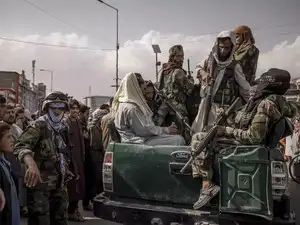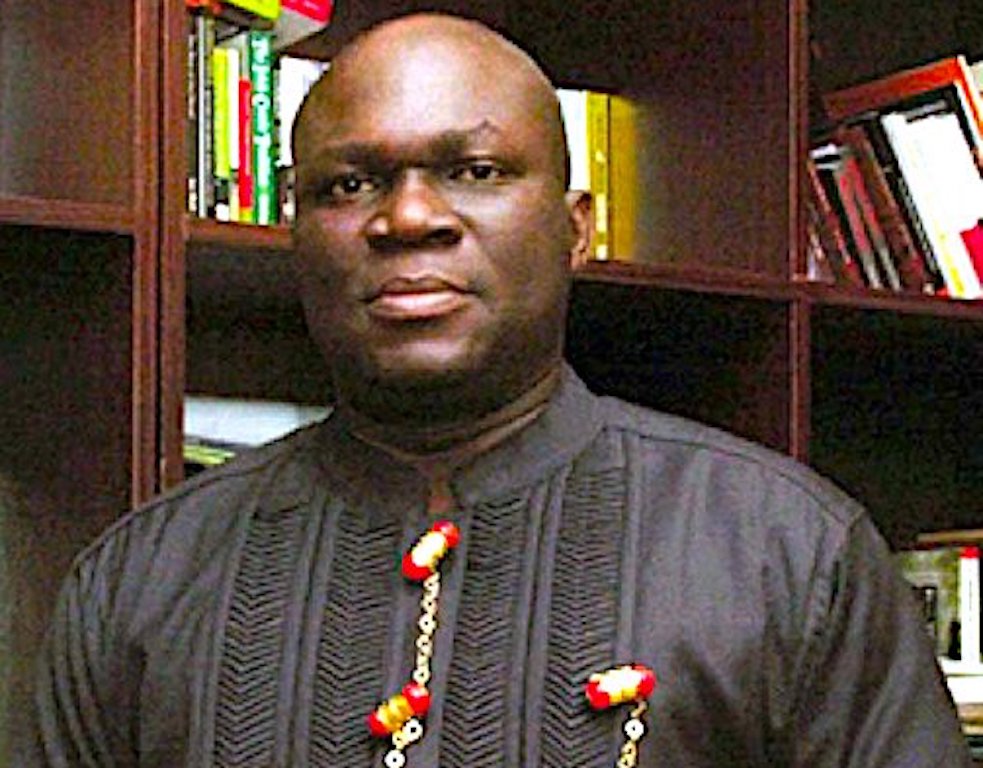 New York Times
New York TimesIndia's strategic partner from Europe, Denmark, is the chair for 1267 Al Qaeda sanctions committee of UNSC, with Russia and Sierra Leone being vice chairs.
Algeria will head the 1373 Counter Terror Committee with Russia, France and Pakistan being vice chairs. Algeria is also heading the 1566 Counter Terror Working Group with Russia and France being vice chairs.
Sources told ET that because of checks and balances in UNSC due to the veto power of Permanent 5 or P-5, Pakistan may not achieve what it desires. Among the 15-member UNSC, the support of nine members is required to approve any move.

While India is not in the UNSC, it has influence through various P5 members and other non-permanent members like Denmark to blunt Pakistan's designs either as the chair of the 1988 committee or the counter-terror committee.Experts on UN affairs pointed out that India will seek to work through France, Russia, Denmark and Algeria to checkmate Pakistan's moves. Pakistan, a non-permanent member of the UNSC, will hold a rotating presidency of UNSC this July and is expected to utilise its rotating presidency to push its narrative against India, sources hinted.Put on the backfoot by the India-Taliban bonhomie that resulted in Afghanistan's acting foreign minister condemning the Pahalgam terror attack, India relaxing medical visa rules for Afghans and Kabul seeking to use Chabahar Port and INSTC, Islamabad with Beijing's assistance stepped up efforts over the past month to regain its influence back in Kabul.
The 1988 Committee aims to ensure that individuals and entities associated with the Taliban are not participating in activities that threaten the peace, stability, and security of Afghanistan. It monitors the implementation of sanctions, ensuring that they are effectively enforced.
The committee's goal is to support a peaceful, stable and prosperous Afghanistan by deterring support to terrorist entities and promoting peace and reconciliation. The committee reviews and approves the listing and de-listing of individuals and entities on the sanctions list.
The committee approves travel ban exemptions for individuals on the list when necessary, such as for medical treatment or meetings related to regional security. The committee monitors the implementation of asset freezes for individuals and entities on the list.











